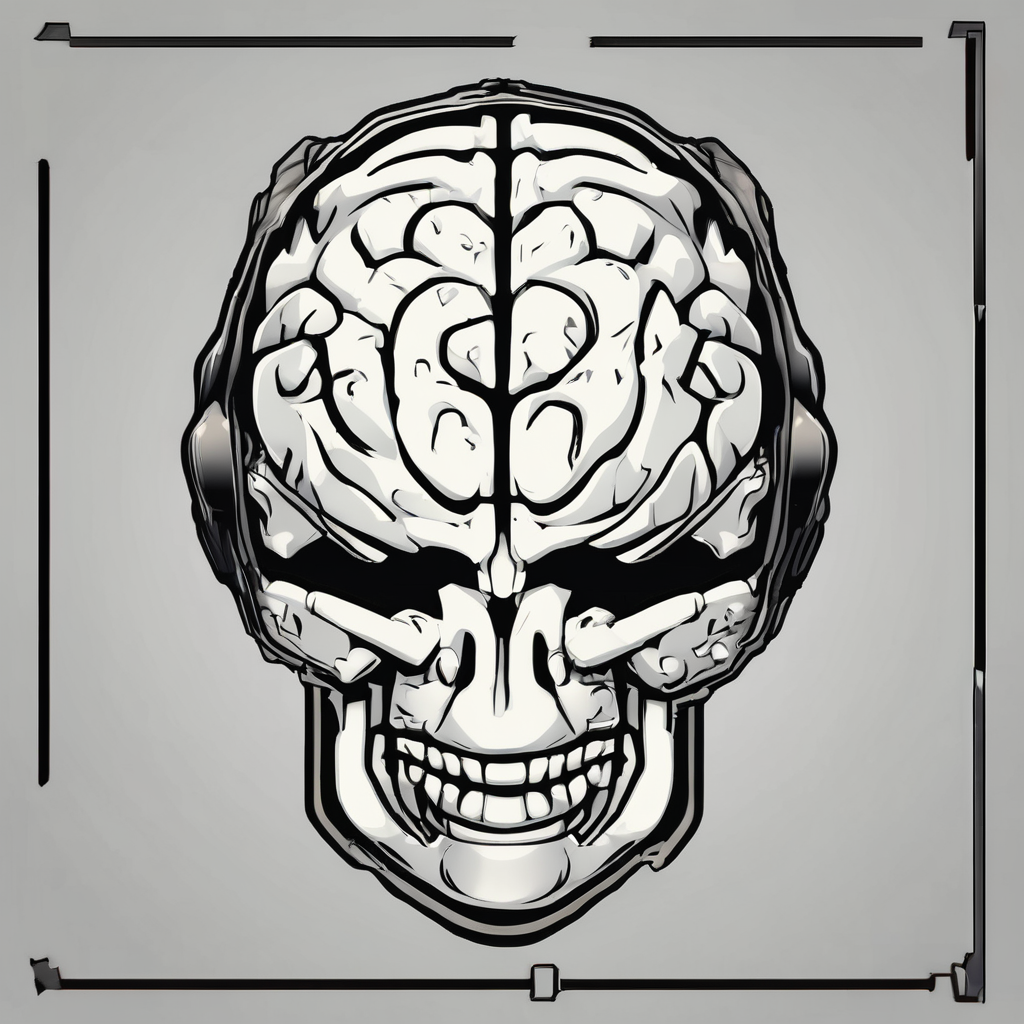In a world where the hustle and bustle of daily life can often feel overwhelming, many individuals are seeking ways to find peace and calm amidst the chaos. Generalized Anxiety Disorder (GAD) is one of the most common mental health conditions affecting millions worldwide, characterized by persistent and excessive worry about various aspects of life. With the growing interest in holistic and non-pharmacological approaches to mental wellness, mindfulness meditation has emerged as a powerful tool to combat anxiety. This article delves into how mindfulness meditation can alleviate symptoms of Generalized Anxiety Disorder and provide a path towards mental clarity and emotional balance.
Understanding Generalized Anxiety Disorder
Generalized Anxiety Disorder is not just about feeling anxious or stressed occasionally. It involves chronic and exaggerated worry and tension, even when there is little or nothing to provoke it. Individuals with GAD may anticipate disaster and be overly concerned about health, money, family, or work. Often, the worry is unrealistic or out of proportion to the situation, impacting daily functioning and quality of life.
Also read : What Are the Best Practices for Managing Chronic Respiratory Conditions in Urban Populations?
Symptoms of GAD can include restlessness, fatigue, difficulty concentrating, irritability, muscle tension, and sleep disturbances. People with GAD often find it challenging to control their anxiety and may experience these symptoms for weeks, months, or even years. Traditional treatments for GAD typically include psychotherapy, medication, or a combination of both. However, these treatments may not always be sufficient or suitable for everyone, leading many to explore alternative therapies.
What Is Mindfulness Meditation?
Mindfulness meditation is a practice rooted in ancient Buddhist traditions but has gained widespread popularity in the modern world due to its effectiveness in promoting psychological wellbeing. At its core, mindfulness meditation involves paying attention to the present moment with a non-judgmental awareness. It encourages individuals to observe their thoughts, feelings, and bodily sensations without getting caught up in them.
In parallel : How Can Dual-Task Exercises Improve Balance in Stroke Patients?
Through mindfulness meditation, practitioners learn to cultivate a state of awareness that helps them respond to stressors more skillfully rather than reacting impulsively. This practice fosters a sense of calm, clarity, and acceptance, which can be particularly beneficial for those struggling with anxiety disorders.
Scientific research has shown that mindfulness meditation can lead to significant changes in brain regions associated with emotional regulation, attention, and self-awareness. By practicing mindfulness regularly, individuals can develop greater resilience to stress and improve their overall mental health.
How Mindfulness Meditation Alleviates Symptoms of GAD
Mindfulness meditation offers a unique approach to managing Generalized Anxiety Disorder by addressing the root causes of anxiety rather than merely alleviating its symptoms. One of the primary ways mindfulness meditation helps is by breaking the cycle of worry and rumination that often perpetuates anxiety.
Reducing Cognitive Distortions
GAD is often characterized by cognitive distortions, such as catastrophizing or overgeneralizing, where individuals tend to interpret situations in a negative and exaggerated manner. Mindfulness meditation helps individuals become more aware of these thought patterns and recognize them as just thoughts rather than absolute truths. By observing these distortions without judgment, individuals can reduce their impact and prevent them from escalating into full-blown anxiety.
Enhancing Emotional Regulation
Emotional regulation is the ability to manage and respond to emotional experiences in a healthy way. Individuals with GAD often struggle with regulating their emotions, leading to heightened anxiety. Mindfulness meditation strengthens the brain’s prefrontal cortex, which plays a key role in emotional regulation. This enhancement allows individuals to respond to stressors with greater composure and reduces the intensity of their emotional reactions.
Improving Self-Awareness and Acceptance
Mindfulness meditation fosters self-awareness, helping individuals develop a deeper understanding of their thoughts, emotions, and behaviors. This increased self-awareness enables them to identify patterns of anxiety and triggers that contribute to their condition. Additionally, mindfulness promotes acceptance, encouraging individuals to embrace their experiences without resistance or judgment. This acceptance can alleviate the emotional burden associated with anxiety and create a sense of inner peace.
Practical Steps to Incorporate Mindfulness Meditation into Daily Life
Incorporating mindfulness meditation into your daily routine doesn’t have to be daunting. Here are some practical steps to get started and make mindfulness a part of your life:
Start with Short Sessions
If you are new to mindfulness meditation, start with short sessions of 5-10 minutes. Gradually increase the duration as you become more comfortable with the practice. Consistency is key, so aim to meditate at the same time each day to establish a routine.
Create a Calm Environment
Find a quiet and comfortable space where you won’t be disturbed during your meditation practice. This could be a dedicated meditation corner in your home or any place where you feel at ease. You can also use cushions or a chair to support your posture.
Focus on Your Breath
A common technique in mindfulness meditation is to focus on your breath. Pay attention to the sensation of your breath as it enters and leaves your body. If your mind starts to wander, gently bring your focus back to your breath without judgment.
Practice Body Scan
A body scan is a mindfulness exercise where you mentally scan your body from head to toe, paying attention to any sensations or areas of tension. This practice helps you become more aware of your physical state and promotes relaxation.
Use Guided Meditations
If you find it challenging to meditate on your own, consider using guided meditations. There are many apps and online resources available that offer guided meditation sessions led by experienced instructors. These can provide structure and support for your practice.
The Science Behind Mindfulness Meditation and GAD
The effectiveness of mindfulness meditation in alleviating symptoms of Generalized Anxiety Disorder is supported by a growing body of scientific research. Numerous studies have demonstrated the positive impact of mindfulness on anxiety and overall mental health.
Neuroplasticity and Brain Changes
Research has shown that mindfulness meditation can lead to neuroplasticity, which is the brain’s ability to reorganize itself by forming new neural connections. Regular practice of mindfulness meditation has been found to increase gray matter density in brain regions associated with emotional regulation, such as the prefrontal cortex and the hippocampus. These changes enhance the brain’s capacity to manage stress and anxiety effectively.
Reduction in Stress Hormones
Mindfulness meditation has been shown to reduce the production of stress hormones, such as cortisol, which are often elevated in individuals with anxiety disorders. Lower levels of cortisol are associated with reduced anxiety and improved emotional wellbeing.
Improvement in Attention and Focus
Mindfulness meditation enhances the brain’s ability to maintain attention and focus. This improvement in attentional control can help individuals with GAD manage their worry and intrusive thoughts more effectively. By training the mind to stay present, mindfulness meditation reduces the tendency to dwell on past regrets or future uncertainties.
Enhancement of Psychological Resilience
Psychological resilience refers to the ability to adapt to and recover from stress and adversity. Mindfulness meditation strengthens resilience by promoting a balanced and non-reactive mindset. This resilience helps individuals with GAD cope with life’s challenges without becoming overwhelmed by anxiety.
Mindfulness meditation offers a promising and effective approach to alleviating symptoms of Generalized Anxiety Disorder. By incorporating mindfulness into your daily routine, you can break the cycle of worry, enhance emotional regulation, and cultivate a sense of inner peace. The practice of mindfulness meditation empowers individuals to develop greater self-awareness, acceptance, and resilience, ultimately leading to improved mental health and overall wellbeing.
As you embark on your mindfulness journey, remember that consistency and patience are key. Mindfulness is not a quick fix but a lifelong practice that can transform your relationship with anxiety. By dedicating time to mindfulness meditation, you can create a solid foundation for mental clarity and emotional balance, enabling you to navigate life’s challenges with a calm and centered mindset.
In conclusion, mindfulness meditation is a valuable tool for managing Generalized Anxiety Disorder and promoting mental health. By embracing mindfulness, you can take proactive steps towards reducing anxiety and enhancing your overall quality of life.






